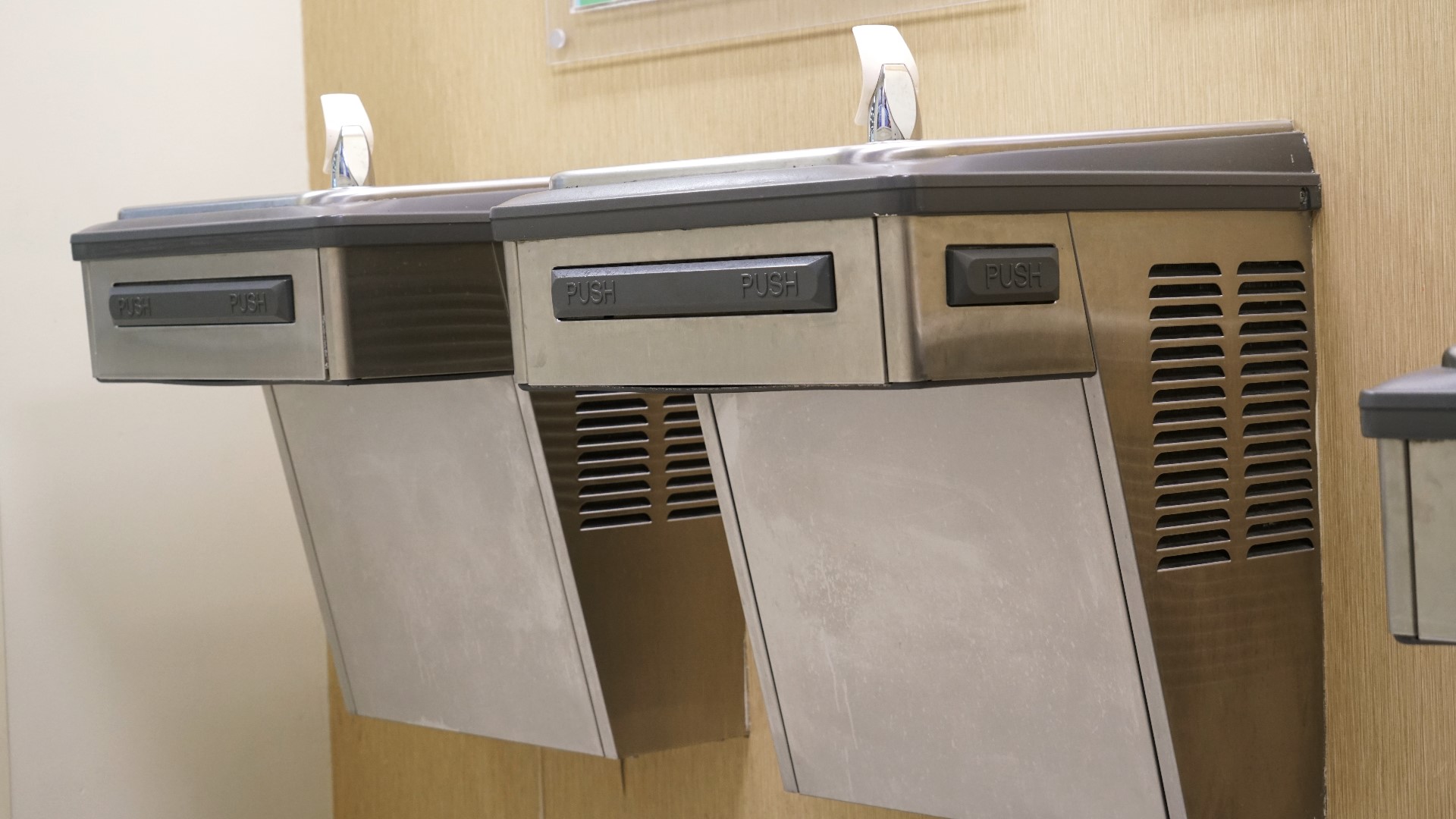PENNSYLVANIA, USA — Pennsylvania school districts are not doing enough to protect their students from lead in school drinking water, according to a new study.
The study, entitled Lead in PA School Drinking Water: How PA school districts and the commonwealth are failing to protect children's health, was published by the PennEnviornment Research & Policy Center. Through a series of right-to-know requests, the authors of the study, Executive Director of PennEnvironment Research & Policy Center David Masur and Policy Analyst for Frontier Group James Horrox, wrote that nine school districts had shortcomings when it came to lead in their schools' water: Altoona, Bethlehem, Harrisburg, Hazelton, Norristown, Scranton, Upper Darby, West Chester and York.
Lead in schools' water supplies is not a new phenomenon. Masur and Horrox cited a 2021 study by Women for a Healthy Environment that discovered lead in the drinking water of 90% of Pennsylvania's school districts.
Despite this, the authors found that school districts are not doing as much as they can to fix this issue.
"Despite a growing awareness of the dangers of lead, school districts across Pennsylvania and nationwide have been slow to act," Masur and Horrox wrote. "The absence of strong policies at the local, state and federal levels is allowing school districts to continue with a business-as-usual approach that leaves our children at risk."
Some of the school districts' shortcomings included a loophole in Act 39 of 2018, which allowed districts to opt out of testing as long as they led public meetings discussing lead-related issues sometime during the school year.
Other shortcomings included not testing lead or discussing lead-related issues during public meetings, testing only a few outlets instead of all water taps in schools, making test results difficult to find, not publishing results on the Pennsylvania Department of Education website, and not providing access to safe drinking water.
Masur and Horrox believe that this problem should not be solved by the schools but by statewide policies.
"To properly protect Pennsylvania’s children from the threat of lead contamination in water, policymakers must replace the state’s current 'test and fix' law with one that requires prevention at every tap used for drinking, cooking and beverage preparation in our schools," Masur and Horrox wrote.
"Our study shows that the 'test and fix' strategy is flawed," said David Masur with PennEnvironment. "We must move straight to replacing fountains with water stations that have filters to remove lead."
Senate Bill 986 and House Bill 2011 would require all Pennsylvania school districts to replace old drinking fountains that pose a risk of lead contamination. It also includes funding to help districts cover the costs of those upgrades.

